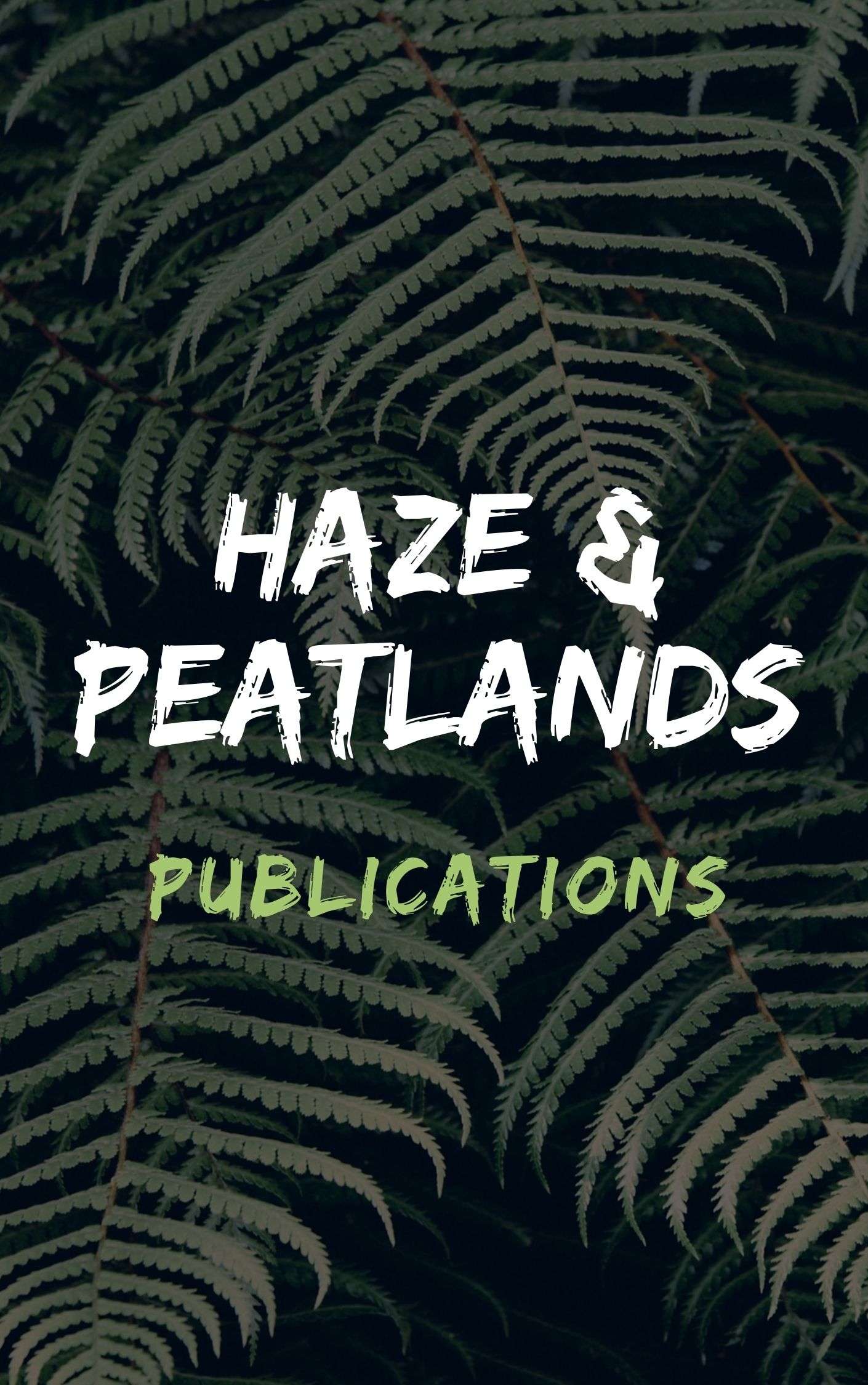The effects of swidden cultivation on carbon storage and soil quality are outlined and compared to the effects of the intensified production systems that swidden systems of Southeast Asia transform into. Time-averaged aboveground carbon stocks decline by about 90% if the long fallow periods of traditional swidden cultivation are reduced to 4 years and by about 60% if swidden cultivation is converted to oil palm plantations. Stocks of soil organic carbon (SOC) in tree plantations are 0-40% lower than stocks in swidden cultivation, with the largest losses found in mechanically established oil palm plantations. Impacts of tree plantations on soil quality are to a large extent determined by management. Conversion of swiddening to continuous annual cropping systems brings about substantial losses of time-averaged aboveground carbon stocks, reductions of SOC stocks and generally leads to declining soil quality. Knowledge of carbon storage in belowground biomass of tree based systems of the tropics is sparse but failure to include this pool in carbon inventories may significantly underestimate the total biomass of the systems. Moreover, studies that consider the ecological reasons behind farmers' land use decisions as well as spatial variability in biogeophysical and edaphological parameters are needed to evaluate the effects of the ongoing land use transitions in Southeast Asia.
View source

